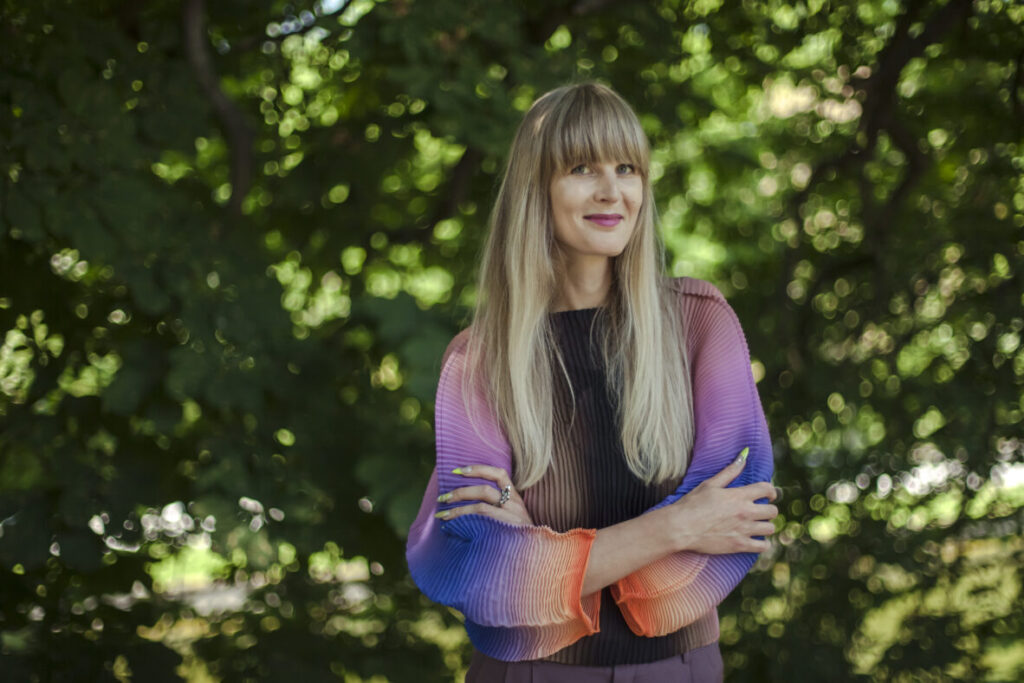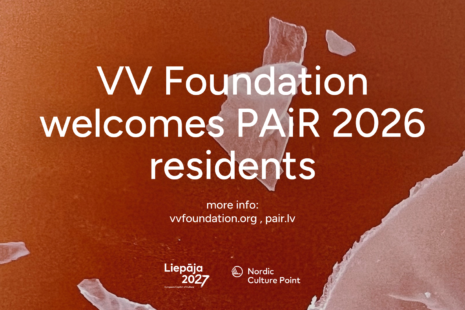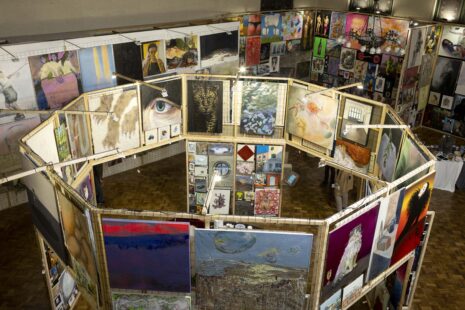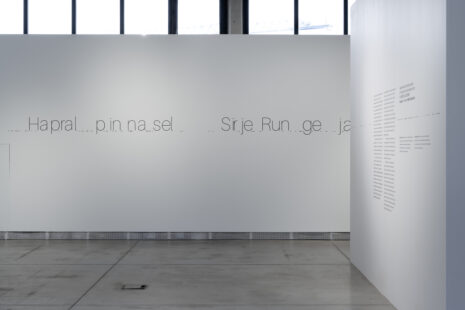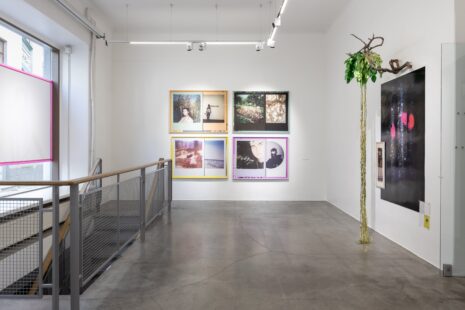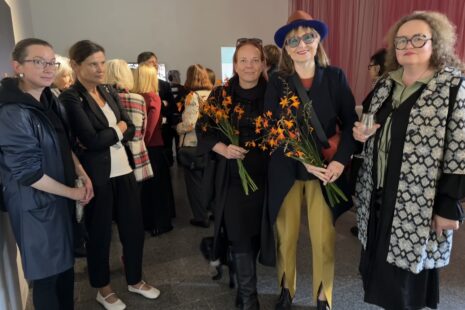For the coming years, Maria Arusoo sees the CCA as a strong international expert centre that continues to create opportunities for artists and the art field, initiate and carry out international collaborations, publish A Shade Colder, an English language magazine on Estonian art, and develop and improve work with the Venice Biennale. Special attention is given to regional collaborations with the Baltic and Nordic countries, including curating the Sequences XI festival in Iceland in 2023 and sustaining the network Borderland Poetics, directed towards furthering collaborations between Nordic curators.
In Estonia, the CCA intends to continue deepening collaborations with contemporary art archives and the Estonian Academy of Arts, develop communication strategies and a method for compiling statistics for the Estonian art field. As public funding is limited, the CCA also plans to focus on involving private funders.
Maria Arusoo adds: “The current team at the CCA is extremely dedicated and has a great synergy, their various fields of expertise complement one another, which makes up a great basis for the wide range of activities the CCA undertakes. Long-time collaborations are yielding results and have formed or are about to form into exciting international collaborations. We plan to actively continue towards creating new opportunities for the Estonian art field. Critical and open thinking, wide-reaching and meaningful collaborations, as well as courage to experiment are the most significant principles I would like to carry into my next term of office. I am grateful for the trust of the board and the dedication of the team at the CCA, allowing us to be a relevant and open partner to both the international and the local art field.”
The head of the board, Peeter Kutman says that over her two previous terms Maria Arusoo has proven herself as a professional, dedicated and capable leader, under whose guidance the CCA has become a notable voice in the Estonian cultural politics as well as in the international art world. “Thanks to Arusoo, the CCA is currently involved in a number of international networks and large projects. The fact that for the 59th Venice Biennale, the Dutch team invited Estonia into their pavilion as guests and the same year Anu Põder’s work was also chosen for the main exhibition of the biennale is a testament to her exceptional work as the commissioner of the Estonian pavilion at Venice,” adds Kutman.
“Maria Arusoo is a true professional as a director and has extensive capability to conduct complex projects,” says the artist Jaanus Samma, a member of the board. “Together with the team at the CCA, she had established several long-term collaborations, including the WIELS residency, offering notable support to artists. Maria is a hardworking and dedicated leader, while also being balanced, friendly and calm during crises, which I personally admire. This allows to make and keep connections, which is crucial in this type of work.”
Estonian Centre for Contemporary Art (CCA) Foundation is the oldest centre of expertise for contemporary art in Estonia, creating possibilities for Estonian artists and within the Estonian art field since 1992. The CCA is also the commissioner of the Estonian pavilion at the Venice Biennale. The CCA is a private non-profit organisation, supported mainly by public funds. The CCA’s previous directors include Sirje Helme and Johannes Saar. The members of the board are appointed for a fixed term. Currently, the board consists of Anu Allas, Sirje Helme, Peeter Kutman, Triin Männik and Jaanus Samma.

